DN250 Hydraulic Oil Flexible Joint (Forging Press, Punching Machine)
Shanghai Songjiang Vibration Absorber Group Co., Ltd.’s official website introduces the information about the 2DN250 Hydraulic Oil Flexible Joint (For Forging Press and Punching Machine). Songjiang Group provides hydraulic oil flexible joint products for large forging presses and punching machine hydraulic pipelines, using Nitrile Rubber N41, with a rubber content of about 50%. This article introduces the DN250 hydraulic oil flexible joint, primarily designed to withstand hydraulic oil, such as No. 45 anti-wear hydraulic oil.
1. Introduction of DN250 Hydraulic Oil Flexible Joint for Forging Press:
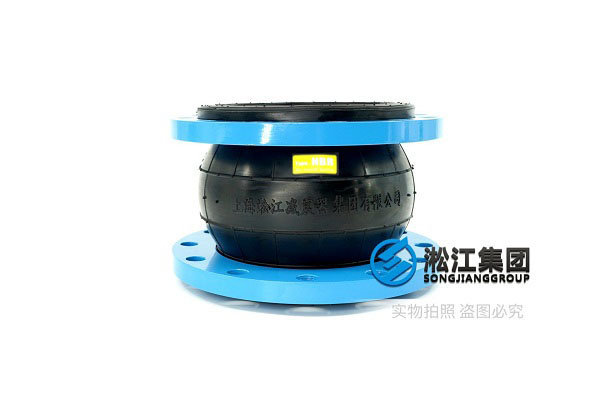
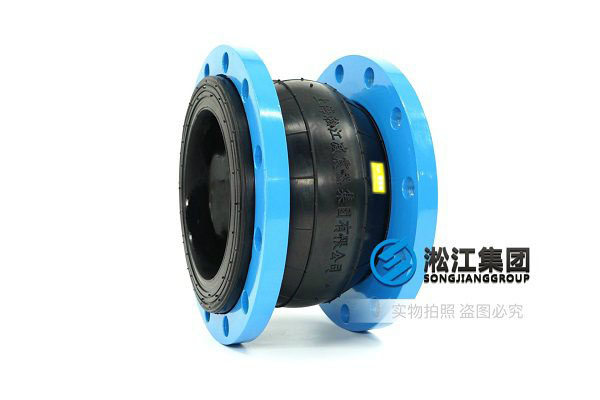
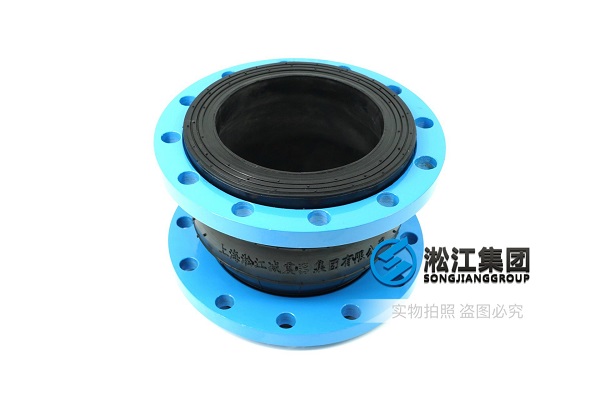
Qualification Certificate: Qualification Certificate, Quality Guarantee, Inspection Report, TS Pressure Pipeline Production License of Rubber Expansion Joint Industry, National Type Test Report, Third Party Performance Test Report, Content Component Test Report.
3. Introduction to Forging Press:
The forging press is equipment used for metal and mechanical cold working, primarily altering the external shape of metals. It encompasses various machines, including roll forming machines, shearing machines, punch presses, hydraulic presses, oil presses, and bending machines.
Hot extrusion forging presses are widely employed in the metallurgical industry for producing pipes and profiles made of non-ferrous metals such as aluminum and copper. They are employed for forming steel using hot extrusion, producing specialized pipes and profiles, as well as solid and hollow parts made of carbon steel and alloy steel that are difficult to shape using cold or warm extrusion. Examples include items with bulky heads, barrels, containers, and more.
Cold extrusion forging presses were initially used for producing pipes, profiles, and components made of materials like lead, zinc, tin, aluminum, and copper. These included items like toothpaste tubes (with external lead), dry cell battery casings (zinc), and cartridge shells (copper). Cold extrusion operations are simple and suitable for mass production of smaller components.
The entire machine is subjected to a pressure endurance test, where the applied pressure is 1.25 times the working pressure. The test involves extending the piston to its maximum working stroke, maintaining the pressure for 15 minutes, with the pressure gauge reading not exceeding a 4% decrease from the test pressure. There should be no leaks in any of the oil routes. After releasing all pressure, the pressure gauge pointer should return to “0,” with no damage to the parts, significant deformation of the pull rod, or any sticking of moving parts.
The safety valve undergoes a reliability test, where the safety valve is set to the working pressure (left top +5, left bottom +1) MPa. It is tested five times consecutively, ensuring that the needle valve opens and closes sensitively, and the pressure gauge reading after each valve popping should not be lower than the rated working pressure.
4.Delivery Scene of Hydraulic Oil Flexible Joints for Forging Press:
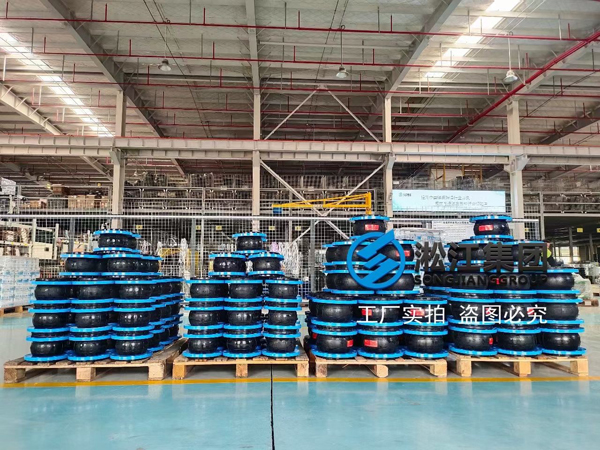
Five, Introduction to the Forging Press Hydraulic Oil Flexible Joint Factory:
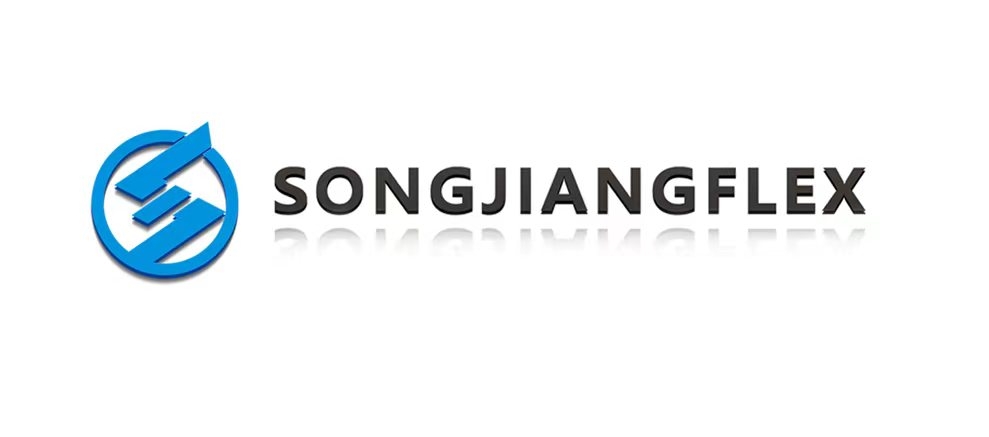

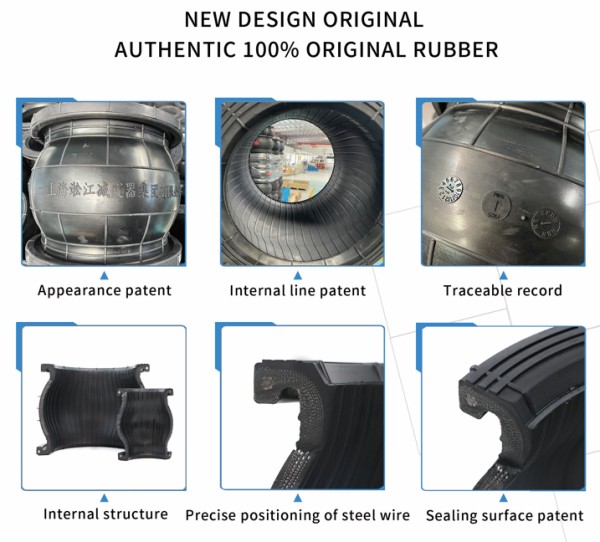
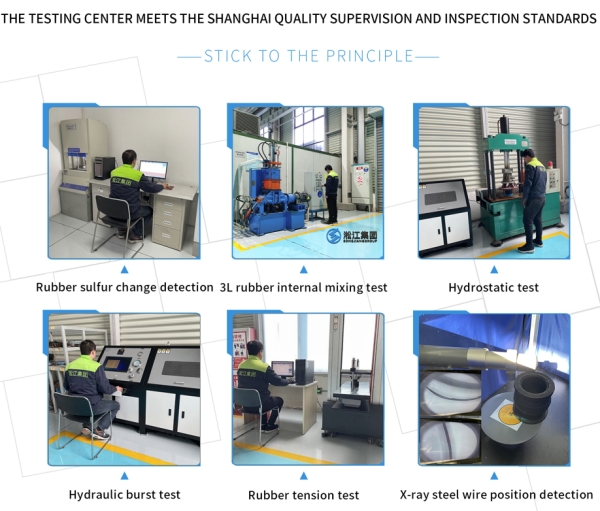
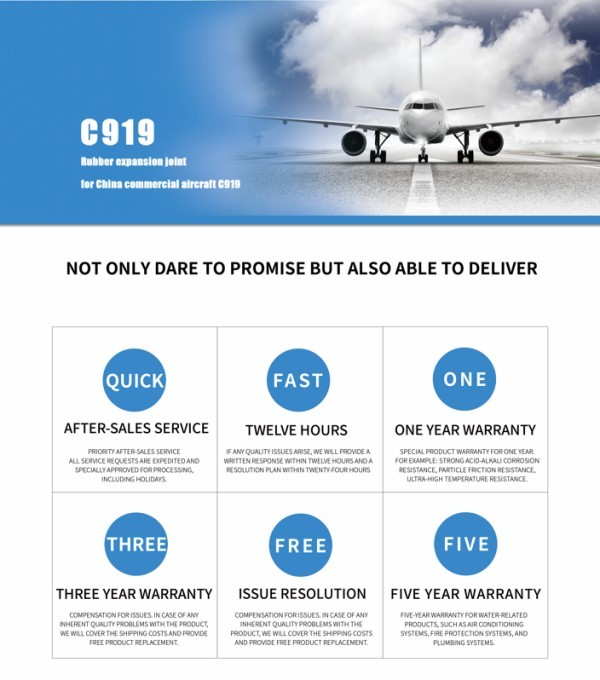
Related links:Hydroelectric Power Plant Rubber Joint Cases










![[Shanxi Kangwei Hongtai Coal Washing Plant] Rubber Expansion Joint Contract](https://www.sungkiangflex.com/wp-content/themes/sj-1/timthumb.php?src=https://www.sungkiangflex.com/wp-content/uploads/2024/06/Shanxi-Kangwei-Hongtai-Coal-Washing-Plant-Rubber-Expansion-Joint-Contract-1.jpg&h=300&w=400&zc=1)